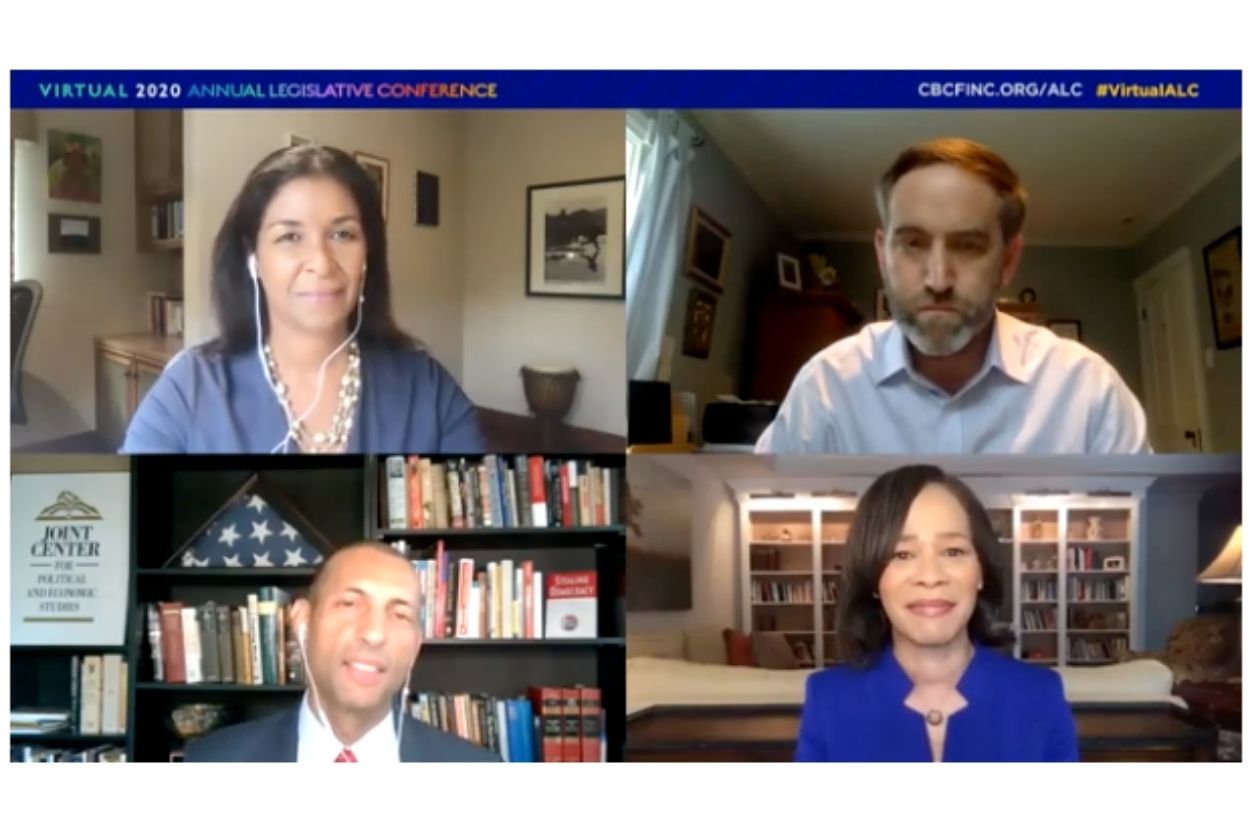COVID-19

Feb. 24 Roundup: The Possibility of a Black Woman as OMB Director
Biden Administration
Aid for Black essential workers: In a roundtable with Black essential workers, President Biden said the White House is focusing on the needs of “the most left-behind community: the African American community” amid the COVID-19 pandemic. An April 2020 report found that Black workers are overrepresented in public transit, childcare and social services, health care, trucking, warehouse, and postal service, and many other frontline occupations deemed “essential.”
House will likely approve stimulus bill this week: The House Budget Committee passed President Biden’s $1.9 trillion COVID-19 stimulus bill on Monday. Next, the bill is “expected to win approval” by the House Rules Committee, and House Majority Leader Steny Hoyer (D-MD) “told lawmakers to expect the [full] House to vote on it later in the week” before it heads to the Senate. Republicans continue to object to provisions that allocate $350 billion for state and local governments and gradually increase the federal minimum wage from $7.25 to $15 per hour by 2025. Democrats are looking to pass the bill by mid-March when federal supplemental unemployment benefits expire. (See also Chicago Tribune.)

The Hill
CBC support for Shalanda Young as OMB Director: The Congressional Black Caucus will support Ms. Young to lead the Office of Management and Budget if President Biden’s pick Neera Tanden isn’t confirmed by the Senate. Young is currently President Biden’s pick to be Deputy Director of the Office of Management and Budget. She previously served as Democratic staff director for the House Appropriations Committee. (See also Washington Post.)
Proposed infrastructure bill must address broadband: House Majority Whip James Clyburn (D-SC) names broadband as “the most important part of infrastructure” today. Clyburn emphasizes that an infrastructure package should recognize the interconnectedness between rural and urban communities, as online learning and telehealth rely on broadband.
Tri-Caucus Members push for a federal hate crimes tracking law: Members of the Congressional Black Caucus, Congressional Asian Pacific American Caucus, and the Congressional Hispanic Caucus call on the Biden administration to do more in combating the surge in hate crimes. Since the start of the pandemic, assaults on members of the Asian American and Pacific Islander communities have increased. Congressional Asian Pacific American Caucus Chair Judy Chu (D-CA) contends “all of us must be vocal in rejecting xenophobia and racism.”
Appointments
Treasury Deputy Secretary nominee Adewale “Wally” Adeyemo emphasizes racial inequality at his confirmation hearing: Adeyemo recognizes inequality as a top challenge for the U.S. economy and believes a competitive economy will “unlock the unrealized potential of marginalized people in this country.” As Adeyemo works with Treasury Secretary Janet Yellen on major economic relief packages, he indicated he will prioritize a prosperous and equitable recovery.
Linda Thomas-Greenfield confirmed as UN ambassador: The Senate confirmed Linda Thomas-Greenfield as UN ambassador with a 78-20 vote. She is the eighth person to be confirmed for Biden’s Cabinet.
Black women contenders for the Supreme Court: President Biden promised to appoint a Black woman to the U.S. Supreme Court when a seat becomes available. The next opening will most likely be after the retirement of Justice Stephen Breyer, who is 82 years old and was appointed by President Clinton. Congressman James Clyburn wants the Biden Administration to consider federal district 54-year-old Judge J. Michelle Childs of South Carolina who, if confirmed, would be one of two justices to not hold an Ivy League law degree (she is a University of South Carolina grad). Other contenders include: DC District Judge Ketanji Brown Jackson, 50, who clerked for Justice Breyer; California Supreme Court Justice Leondra Kruger, 44, who clerked for former Justice John Paul Stevens and served as acting deputy solicitor general in the Obama Administration; and U.S. District Judge Wilhelmina Wright, 57, who has experience on a top court as a Minnesota Supreme Court justice and has once-before been confirmed by the U.S. Senate (for her current position). A related question is whether President Biden should appoint a Black woman to fill Attorney General-designate Merrick Garland’s seat on the U.S. Court of Appeals for the D.C. Circuit, which is seen as a feeder court for the U.S. Supreme Court (5 of the 9 of the current Justices sat on the D.C. Circuit).
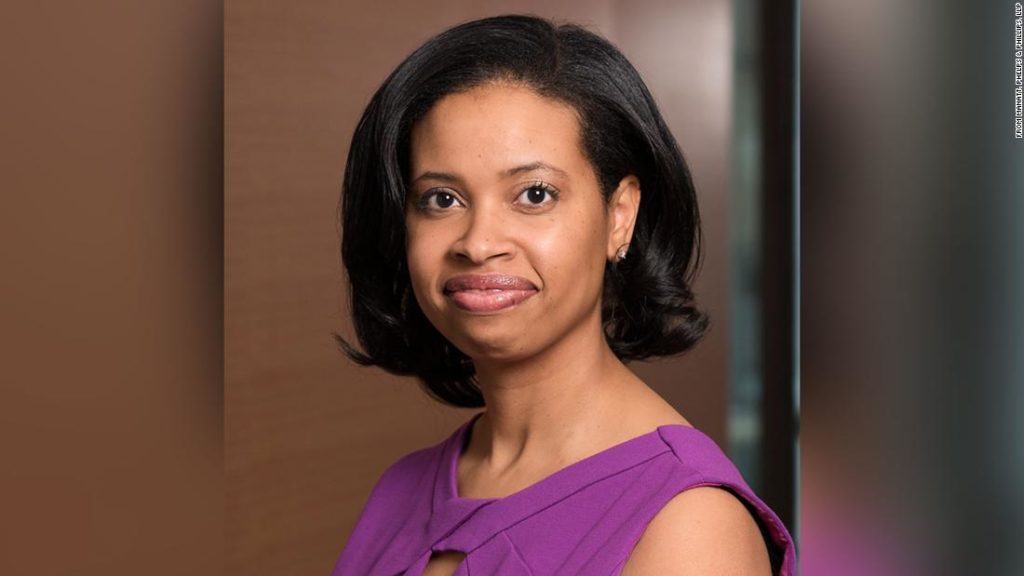
Former Obama policy official Chiquita Brooks-LaSure expected to lead the Centers for Medicare and Medicaid Services. If confirmed, she will be the first Black woman to head HHS’s second-most powerful post. She is currently the Managing Director at Manatt, Phelps & Phillips, LLP. She played a key role in the passage and implementation of the Affordable Care Act (ACA). Sources: The Hill, The Washington Post.
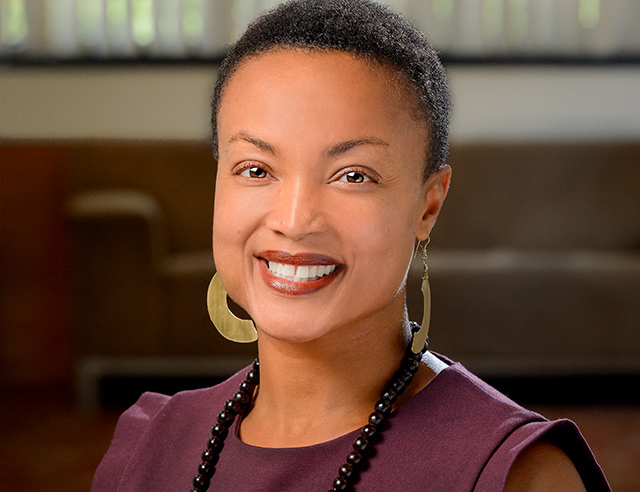
Biden appoints Shalanda H. Baker as Deputy Director for Energy Justice at the Department of Energy. Ms. Baker was most recently a professor of law, public policy, and urban affairs at Northeastern University, and was the co-founder and co-director of the Initiative for Energy Justice.
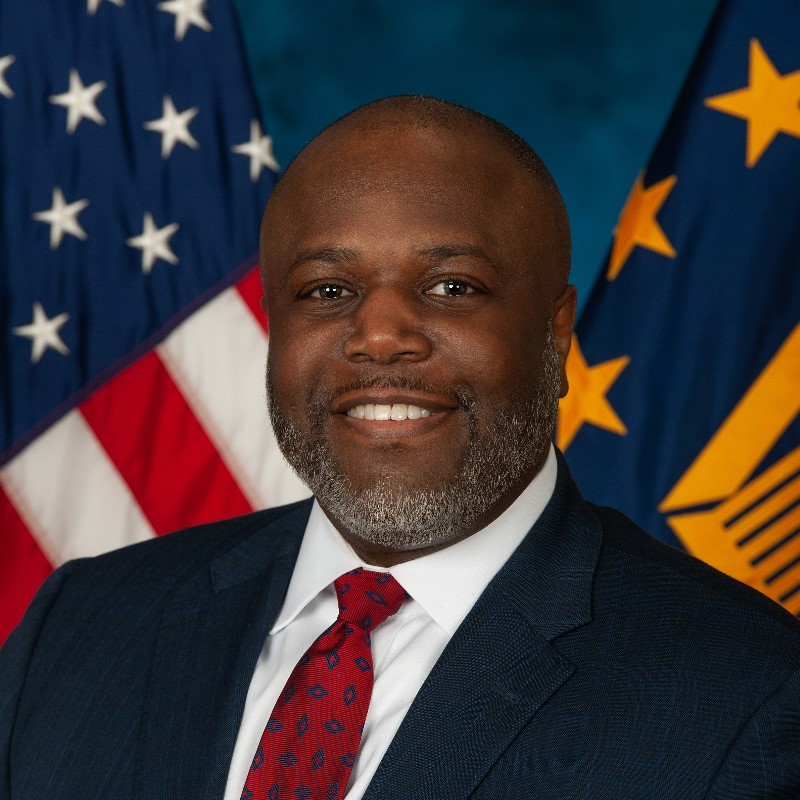
Biden appoints Glenn Johnson as Acting Assistant Secretary for Congressional and Legislative Affairs at the Department of Veterans Affairs. Mr. Johnson was previously appointed as Principal Deputy in the office, and has served in other leadership roles in the office focusing on health and benefits.
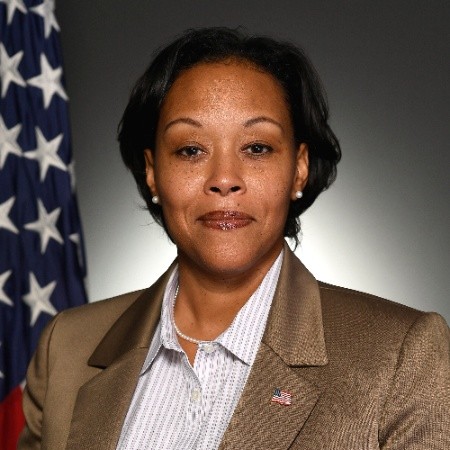
Biden appoints Kimberly McClain, Ph.D., as Deputy Assistant Secretary in the Office of Congressional and Legislative Affairs at the Department of Veterans Affairs. Dr. McClain previously served as Director for Congressional Strategy with the Department of the Air Force Legislative Affairs, and she is an Air Force reservist.
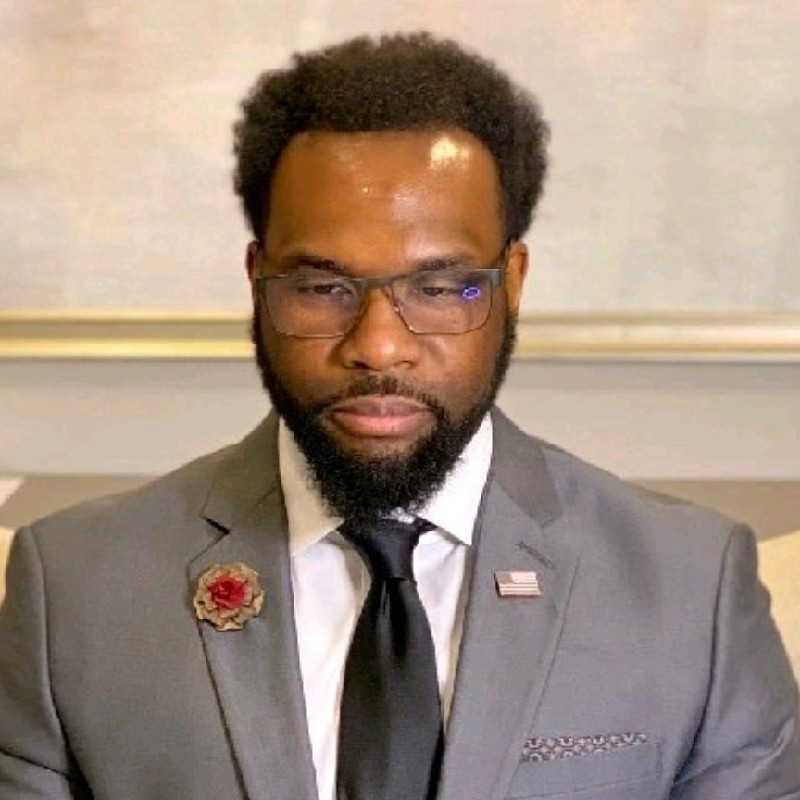
Biden appoints Terrence L. Hayes as Press Secretary at the Department of Veterans Affairs. Mr. Hayes previously served as National Director of Communication and Public Affairs for the Veterans of Foreign Wars. He has also served as a public affairs adviser and spokesperson for the Senior Enlisted Advisor to the Chairman of the Joint Chiefs of Staff.
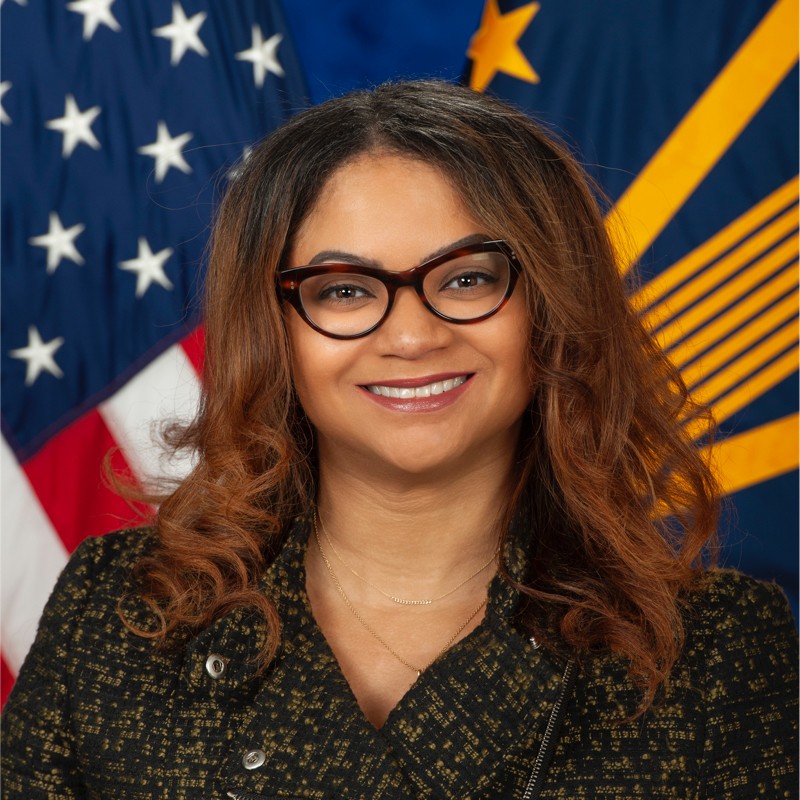
Biden appoints Melissa Bryant as a Senior Advisor in the Office of Public and Intergovernmental Affairs at the Department of Veterans Affairs. Ms. Bryant has previously served in key leadership positions with the Defense Intelligence Agency, Joint Staff, United States Military Academy, and Army intelligence.
Economic Policy
Unemployment rises: Unemployment claims rose to 861,000 for the week ending February 13. They remain significantly higher than the pre-pandemic record high of 695,000, set in 1982.
Wage bumps help Black workers: Raising the minimum wage would greatly benefit Black workers, the Brookings Institution argues, especially given their overrepresentation in low-wage work. They also call for a “New Deal” for Black men, who earn $378 less per week less than white men and $125 less than white women.
High unemployment is no lark: Policies must focus on the economic recovery for Black workers, or risk repeating the failings of the recovery from the Great Depression where “systemic discrimination denied Black workers opportunity and financial security,” the Center for Law and Social Policy argues.
Walmart raises pay: Walmart, one of the largest private employers of Black workers, plans to give a raise to more than 400,000 employees, which will increase the company’s average pay to more than $15 per hour.
Black leaders offer advice: Black business leaders say financial literacy and workplace diversity are needed to advance Black Americans.
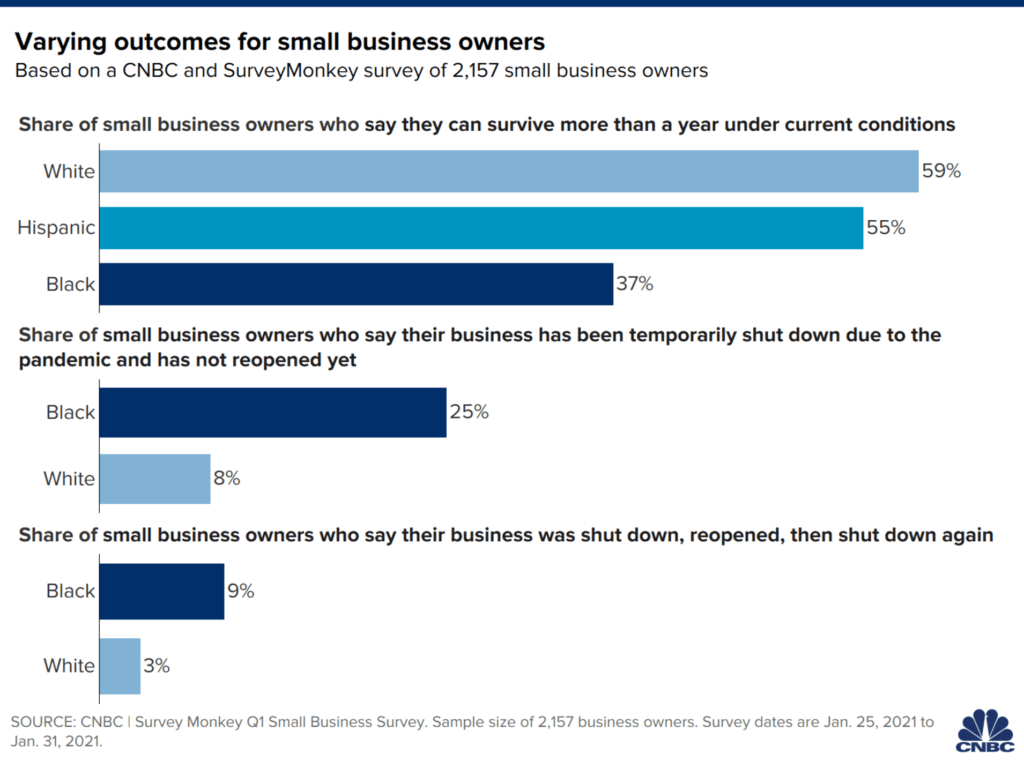
Black businesses struggle: Only 37 percent of Black small business owners versus 59 percent of white owners say they can survive more than a year under current conditions. Forbes offers tips to struggling minority-owned businesses, including becoming minority-certified and networking with other minority-owned businesses.
Banking is too white: More diversity among the senior ranks at financial institutions can help ensure more Black-owned businesses have access to funding, Forbes reports, citing a study by the House Financial Services Committee, chaired by Congresswoman Maxine Waters (D-CA), that finds the banking industry is mostly white.
Black voters solidly back nixing student debt: Fully 67 percent of Black voters support completely canceling student loan debt, and 84 percent support either fully or partially canceling student loan debt, according to a poll by Color of Change.
Hardship grinds on: During the final weeks of January, 21 percent of Black adults report that their households did not have enough to eat (vs. 7 percent of white adults), 30 percent of Black renters were behind on rent (vs. 12 percent of white renters), and 66 percent of children in Black households live in households that have trouble covering usual expenses (vs. 33 percent of white children).
Using school funding to repair past harm: Noting that majority nonwhite school districts get $23 billion less in funding every year than majority white districts, Vox explores how closing school funding gaps could help school districts better support Black students.
Poverty is not by choice: Safety net programs, which often scrutinize Black Americans more harshly, should be redesigned to account for structural barriers that contribute to poverty, and abandon the assumption that personal behavior is the root cause, the Urban Institute argues.
Faith and works: While 24 percent of Black respondents say sermons on political topics and race relations are an essential function of the Black church, according to a Pew survey, 55 percent say it is essential to offer assistance to the needy with bills, housing, and food, and 44 percent say it is essential to offer practical job and life skills training. Three-quarters say predominately Black churches have done “some” or “a great deal” to move Black people toward equality.
What’s really going on: The most vulnerable workers sound off about conditions at work and at home during the pandemic, prompting the National Employment Law Project to call for a more just and inclusive recovery to include economic security, health and safety, and agency and voice, for Black and Latina/o workers.
Tech Policy

Congress addresses AI bias: In order to hold companies accountable for algorithms that result in discrimination, Members of Congress are working on AI legislation. The Algorithmic Accountability Act will see new light in the fight against bias in artificial intelligence. Originally proposed by Sen. Ron Wyden (D-OR), Sen. Cory Booker (D-NJ), and Congresswoman Yvette Clarke (D-NY) in 2019, the act requires companies to evaluate automated systems for bias and security vulnerabilities.
Curbing facial recognition software: Civil rights groups are urging the Biden administration to suspend the federal use of facial recognition tools and prevent state and local governments from using federal funds to buy or access such artificial intelligence tools. The groups cite research on faulty matches for people of color, leading in several cases to wrongful arrests.
Tech policy workforce diversity? No idea: Tech policy non-profit organizations can better diversify if organizations collect and release data on the composition of their early career workforce, a new report argues. Only eight of 31 organizations replied to a request for early-career tech policy workforce details. There report also documented various barriers people of color encounter when entering the tech policy field.
Broadband gets priority: The $3.2 billion Emergency Broadband Benefit program is now a top priority of the Federal Communications Commission, says Commissioner Geoffrey Starks. The agency aims to reach more disconnected low-income households and people of color. Only 20 percent of low-income households subscribe to the Lifeline program to connect low-income families.
Broadband costs too much: Costs keep too many from connecting to broadband, according to the House Energy and Commerce Subcommittee on Communications and Technology. The committee sees closing the digital divide as a matter of equity, not just access. Census data reveals that 13 million African Americans lack access to broadband services.
Republicans want to ban municipal broadband: In a move that some argue could further limit affordable internet access for African Americans and other communities of color, House Republicans have proposed a nationwide ban on states and cities building new public broadband networks.
Platform accountability: With social and ethical impacts of technology on communities of color among the issues at stake, nine of the world’s biggest tech companies—including Google, Facebook, and Twitter—are working to establish an industry framework for dealing with harmful online content and behavior.
Future of Work & Learning
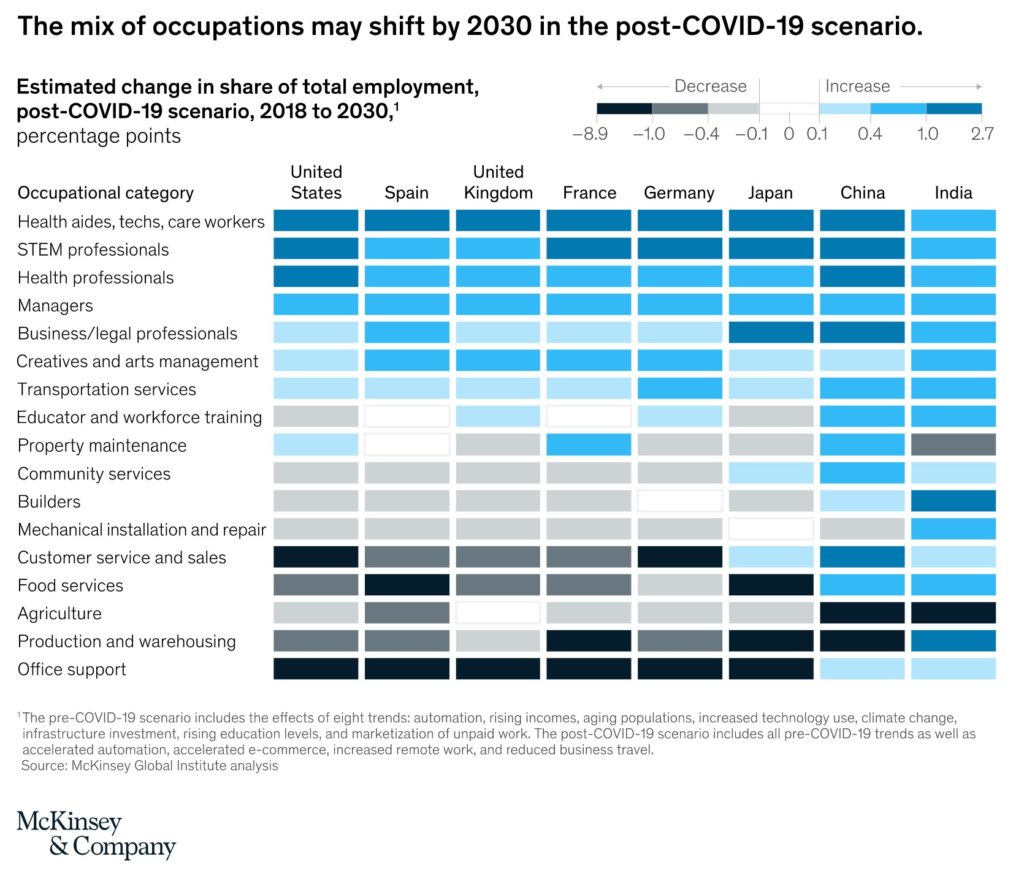
Pandemic accelerating future of work trends: Economists are predicting a massive wave of workers changing careers and a growing need for retraining and certification programs, as millions of jobs lost during the coronavirus pandemic are unlikely to return. The pandemic will also accelerate job automation, which disproportionately affects African Americans, a Joint Center study finds. Workers will need clearer and more pathways to higher-wage jobs as automation eliminates low-wage jobs, according to a new report from McKinsey.
Infrastructure apprenticeships get the nod: The Biden administration wants to strengthen apprenticeship programs to help retrain workers for better-paying union jobs in proposed infrastructure projects. The administration seeks to reinstate the National Advisory Committee on Apprenticeships, and endorses Rep. Bobby Scott’s (D-VA) National Apprenticeship Act of 2021, both of which could help Black and other underrepresented people gain access to training and jobs.
COVID-19
Staying on target in college: Digital connectivity and good communication with instructors were the keys to successful learning during the pandemic, according to college undergraduates.
Why West Coast schools aren’t reopening: West Coast cities are lagging behind the rest of the nation in reopening public schools for in-person learning, the New York Times reports. Many critics of school reopenings cite the deadly disproportionate impact of COVID-19 on Black and Latina/o people.
Life cut short: The coronavirus pandemic reduced life expectancy of Americans by one year, from 78.8 years to 77.8 years in the first half of 2020, according to the National Center for Health Statistics. The life expectancy for non-Hispanic Blacks declined even more dramatically, from 74.7 to 72 years.
LGBTQ community set-backs: The COVID-19 pandemic exacerbated disparities in health care quality and access among the LGBTQ population. Multiple studies show that the health care inequities are even more pronounced among Black and other people of color in the LGBTQ community.
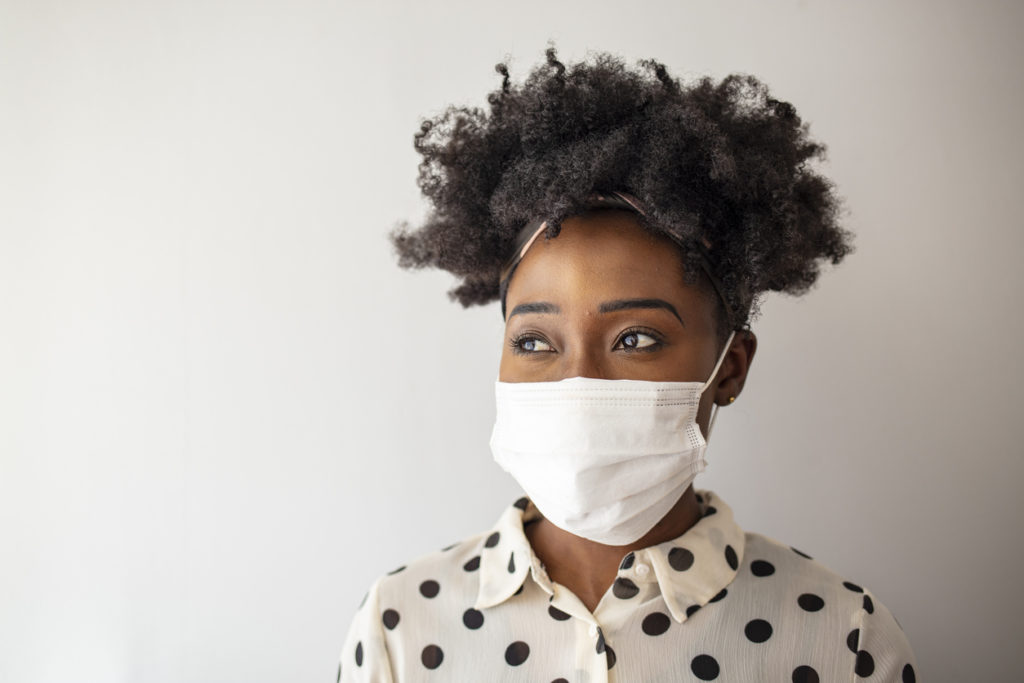
CVS reaches out to the Black community: The CVS pharmacy chain has announced a new initiative to increase access to COVID-19 vaccinations in Black and other communities of color while also combating resistance to the vaccine with more education. Despite coronavirus death rates that are nearly triple those of whites, Black people have been vaccinated at significantly lower rates.
A better vaccine rollout: Micro-targeting minority communities with culturally specific messaging can help solve some of the challenges in the national coronavirus vaccine rollout, including slower vaccination rates of communities of color, according to a team of health care policy experts.
Get tested at church: The health services department of Los Angeles County is collaborating with Black churches to launch a statewide effort to provide free community-based COVID-19 testing in Black communities. The program’s goal is to test 150 people daily at each of 35 participating churches through June 30.
Hill Diversity
Joint Center Senior Fellow of Diversity and Inclusion Dr. LaShonda Brenson quoted in Politico: “Communities of color aren’t just pawns to mobilize on election day. They have real issues that need to be realized in policy,” said Dr. LaShonda Brenson, a senior fellow at the Joint Center and author of a 2020 report on the lack of diversity among top staff in the Senate. “Members of Congress must hire staff of color who can really speak to different constituencies that they may have, just so that their interests are represented.”
Report card on top staff diversity of newly-elected Members: As of February 22, the Joint Center’s report card tracking top staff hires by each new Member in the 117th Congress illustrates that 202 of 213 (or 94.8 percent) of the possible positions have already been filled. Of Members who have hired all three top spots, so far Alex Padilla (D-CA) leads in the Senate and Marilyn Strickland (D-WA) leads in the House. Those at the bottom of the lists are Senator Mark Kelly (D-AZ) and Rep. Yvette Herrell (R-NM). Of the top staff hired by new Members so far, 24.3 percent are people of color, and 5.4 percent are African American. People of color account for 40 percent of the U.S. population and African Americans account for 13.4 percent of the U.S.
Black staffers in their own words: Several Black staff expressed feelings of fear for their physical safety and psychological damage brought by the insurrection on Capitol Hill in the New York Times.
Movement Building
Black to the Future Action Fund release Build Back Bolder, a Black Mandate for the Biden-Harris Administration.

Color of Change issues a petition demanding that Congress eliminate student loan debt and alleviate the already burdening financial crisis Black communities are facing because of COVID-19 and existing systemic barriers.
The NAACP partners with Vistaprint and the Boston Celtics Shamrock Foundation to launch the Power Forward Small Business Grant to support Black-owned businesses across New England with $25,000 in grants and a Direct Assistance Program.
The National Urban League and Milwaukee Urban League partner with Johnson Controls to invest $2 million in expansion programs and initiatives that center racial equity, education, employment, and advocacy over the next three years.
Events
Upcoming events include “Black History is Now: Building the Power of Black Lead Movements” (Law for Black Lives, February 24); “Thinking Creatively to Evaluate Student Learning During COVID-19 | Policymaker Insights on Skip-Year Growth” (The Hunt Institute, February 25); “Setting America’s Education Agenda: Furthering the Legacies of Historical Black Educators” (Rainbow PUSH Coalition and PUSH Excel, February 25); “Concerned about COVID in Your Workplace?” (Jobs to Move America and A Better Balance, February 27); “Examining and addressing COVID-19 racial disparities in Detroit” (Brookings Institution, March 2); “COVID-19 and the Disability Experience” (New America, March 3).
Last week, events were held by the Advancement Project, Black Futures Lab, Black to the Future Action Fund, Brookings Institution, Jobs for the Future, Third Way, National Urban League, Urban Institute, and a Vision for Justice.
The Joint Center thanks the Annie E. Casey Foundation, the Boulé Foundation, the Democracy Fund, Toyota Motor North America, Inc., UPS, and the Walmart Foundation for additional support that has allowed us to do some of our COVID-19 and Black Communities work.
To receive the Joint Center’s emails, sign-up here.

